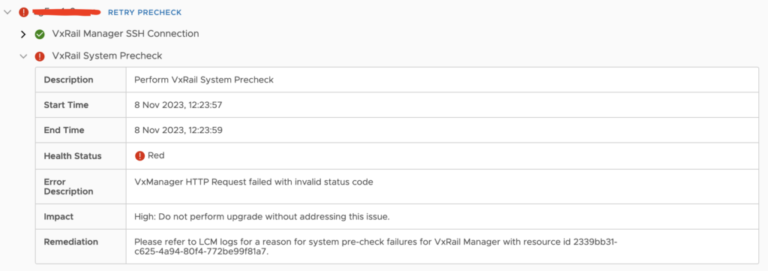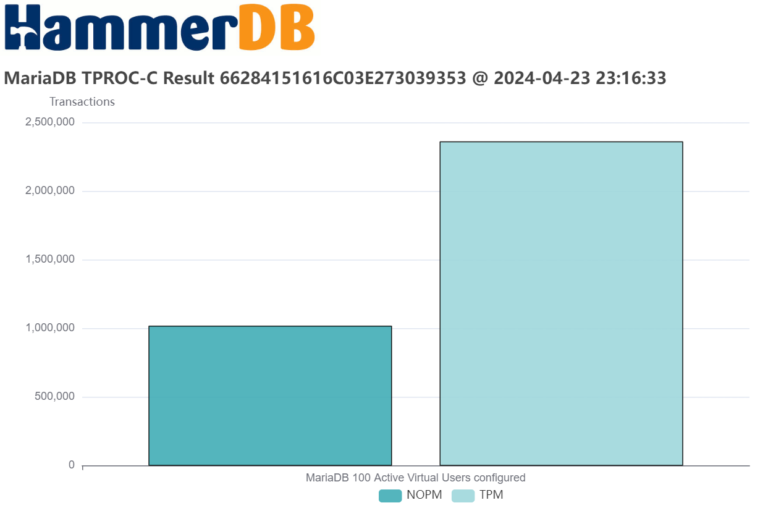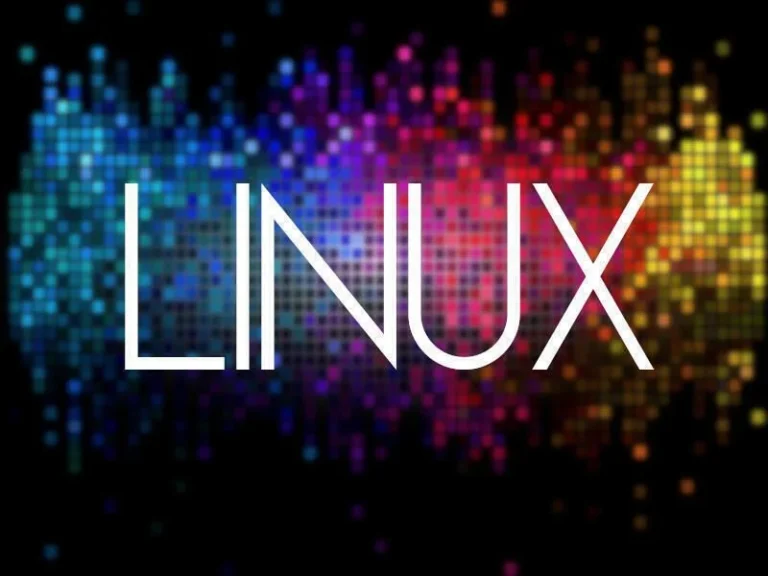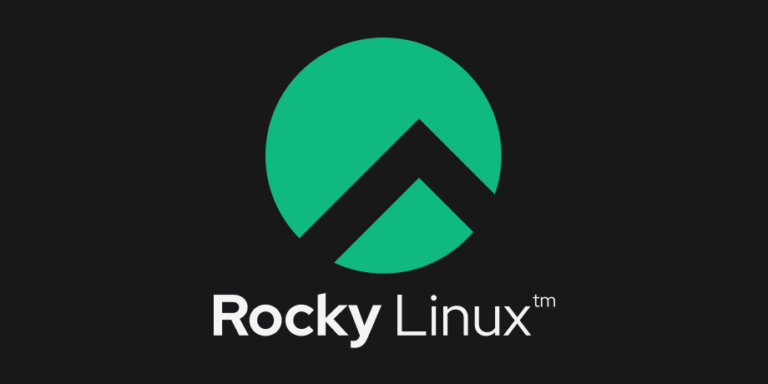AI was everywhere at Intel Vision this week in London. Nearly every keynote and breakout presentation was centred around AI. I had the honour of being interviewed by Intel’s jovial Chief Commercial Officer Christoph Schell, who is just about as stereotypically German as his former neighbour from Stuttgart Jürgen Klopp (whom he referenced on-stage), namely: not at all.
Staying German but perhaps a tad less Klopp-like, Thomas Bach was one of many interviewed on-stage by Christoph. The president of the International Olympic Committee nevertheless impressed me by his quick-witted reply to Christoph’s question as to how AI would have made an impact if it had been in place during Thomas Bach’s fencing career. “With AI-based judges, perhaps I would have won a few more Olympic medals. Or less, who knows?”.
On stage for a few minutes of fame
I was called up on stage in the context of Intel’s Open Platform for Enterprise AI. Christoph highlighted our over one billion downloads of MariaDB Server and over 200.000 contributions, and asked us about our work in OPEA.
My core thought from the video: Gen AI data, embedded data from RAG (Retrieval Augmented Generation), should not be separate from conventional data. AI vectors belong in a general purpose RDBMS, and that’s where MariaDB comes in. MariaDB stores not just the source data for Gen AI, but also the vectors and their indexes.
Christoph also asked what inspired us to join OPEA. Well, intel inspired us to join not just by testing the newest MariaDB releases on the newest Intel hardware, but by Intel really subscribing to the idea of Open Source.
Off stage for lots of AI related discussions
Having been on stage, we got opportunities to interact with many of the fellow attendees – from within Intel and outside. Our Intel contacts came at a wide range from the German Sales Director who was asking about why vectors belong in a general-purpose relational database, over his Polish AI Sales Engineer who could explain it all before I could open my mouth, to the American Vice President with whom we threw around ideas on how to save the liberal, open world order by helping Wikipedia further increase the quality of its encyclopaedia. Mind you, Wikipedia runs on MariaDB Server and we’ve already dipped our toes in how Gen AI can reduce cultural bias or even Russian propaganda on Wikipedia.
Gen AI is also cool hype
There was a widespread expectation that AI will transform the world about as much or more than the Internet did. But AI of today is perhaps where Internet was in the mid 1990s, so while it’s easy to say that AI will impact us, it’s much harder to say how.
Mind you, Internet was also hyped in its early days, so there’s nothing fundamentally surprising that AI is hyped now. The early visions of Internet were certainly impressive but may have been a bit naïve; in the same category, when it comes to Gen AI, were the super cool AI generated pictures made at Intel Vision.

On offer in one of the Experience Rooms was a popular photo session, which using Stable Diffusion and a set of pictures called LAION-2B(en), which made Intel CEO Pat Gelsinger into an astronaut. I asked to be a Viking leader establishing Kievan Rus (i.e. the precursor of Ukraine and Russia) sometimes after the year 860. My own beard is not quite as lush as that of Rurik, but his haircut and other facial features are mine.
Thank you, Intel!
Let me thank Intel for hosting a great event and our contacts at Intel for giving me a royal VIP treatment. What a pleasure and what an instructive event! I didn’t even have to buy my family members any London souvenirs.

Intel provided better ones, out of which my young son (second name: Rurik) appreciated his the most. It’s a doll with an Intel technician wearing a “bunny suit“, protective clothing to keep dust particles from contaminating the Intel processors.



